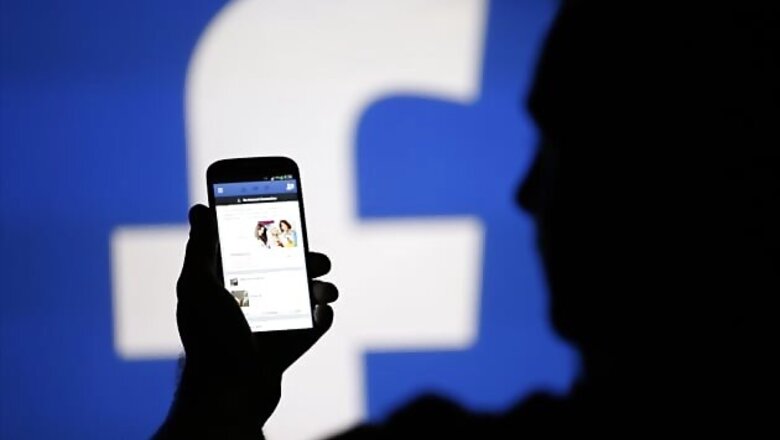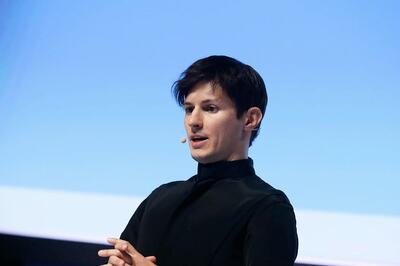
views
Berlin: How addicted you are to Facebook may be determined by how a certain part of your brain works, a first-of-its-kind study suggests.
A person's intensity of Facebook use can be predicted by activity in the nucleus accumbens, a reward-related area of the brain, researchers at Freie Universitat Berlin, said.
Researchers conducted this first ever study to relate brain activity (functional MRI) to social media use.
The researchers focused on the nucleus accumbens, a small but critical structure located deep in the centre of the brain, because previous research has shown that rewards - including food, money, sex, and gains in reputation - are processed in this region.
"As human beings, we evolved to care about our reputation. In today's world, one way we're able to manage our reputation is by using social media websites like Facebook," said Dar Meshi, lead author of the study.
Facebook, with 1.2 billion monthly active users, was used in the study because interactions on the website are carried out in view of the user's friends or public and can affect their reputation, researchers said.
For example, Facebook consists of users "liking" posted information. This approval is positive social feedback, and can be considered related to their reputation.
All 31 participants completed the Facebook Intensity Scale to determine how many friends each participant had, how many minutes they each spent on Facebook, and general thoughts. The participants were selected to vary widely in their Facebook Intensity Scale scores.
The subjects participated in a video interview. Next, the brain activity of the subjects was recorded, by using functional magnetic resonance imaging, in different situations.
In the scanner, subjects were told whether people who supposedly viewed the video interview thought highly of them, and subjects also found out whether people thought highly of another person. They also performed a card task to win money.
Results showed that participants who received positive feedback about themselves produced stronger activation of the nucleus accumbens than when they saw the positive feedback that another person received.
The strength of this difference corresponded to participants' reported intensity of Facebook use. But the nucleus accumbens response to monetary reward did not predict Facebook use.
"Our study reveals that the processing of social gains in reputation in the left nucleus accumbens predicts the intensity of Facebook use across individuals," said Meshi.




















Comments
0 comment